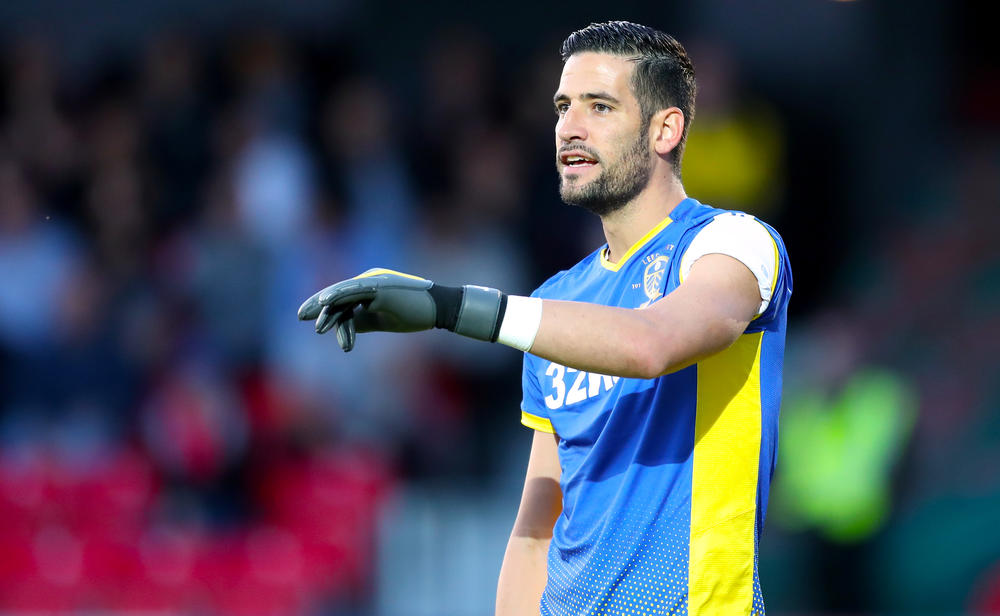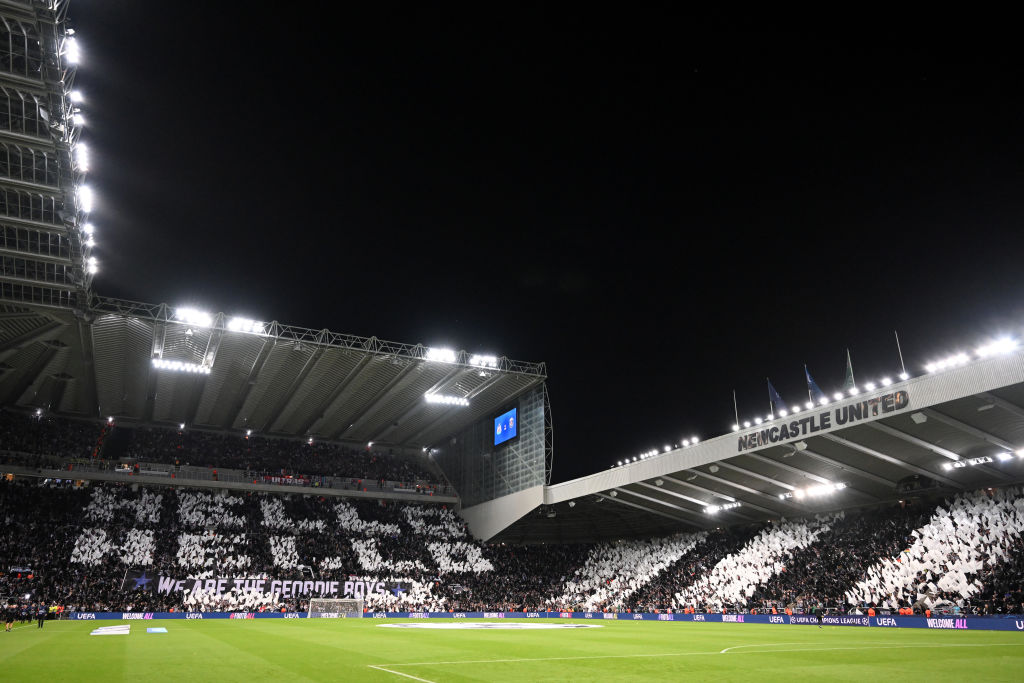FA reveals written reasons for Kiko Casilla ban

The best features, fun and footballing quizzes, straight to your inbox every week.
You are now subscribed
Your newsletter sign-up was successful
Want to add more newsletters?

Five times a week
FourFourTwo Daily
Fantastic football content straight to your inbox! From the latest transfer news, quizzes, videos, features and interviews with the biggest names in the game, plus lots more.

Once a week
...And it’s LIVE!
Sign up to our FREE live football newsletter, tracking all of the biggest games available to watch on the device of your choice. Never miss a kick-off!
Join the club
Get full access to premium articles, exclusive features and a growing list of member rewards.
The Football Association has revealed its written reasons behind its decision to suspend Leeds goalkeeper Kiko Casilla for racial abuse.
Casilla, 33, was given an eight-match ban on Friday after being found to have used racist language towards Charlton forward Jonathan Leko during a Sky Bet Championship match on September 28.
Casilla had denied the charge but an independent regulatory commission found a breach of Rule E3(2) proven and the FA has delivered a full explanation as to how it reached its conclusion.
The FA has today published the written reasons in relation to Leeds United goalkeeper Kiko Casilla. Full statement and written reasons: https://t.co/NipOxxF0Mx. pic.twitter.com/4xlVtvasVe— FA Spokesperson (@FAspokesperson) March 3, 2020
The Spaniard, who has also been fined £60,000 and ordered to attend face-to-face education, has said he was “truly sad and devastated” at being accused of racial abuse.
But an independent regulatory commission comprising of Graeme McPherson QC (chairperson), Marvin Robinson and Stuart Ripley concluded it “was satisfied of the evidence in excess of the balance of probabilities”.
The commission added that the FA’s suggestion that Casilla’s breach warranted a 10-match suspension was too severe.
The commission was were told that during the match Casilla was alleged to have shouted: “You f****** n*****” towards Leko after an altercation during a corner.
The best features, fun and footballing quizzes, straight to your inbox every week.
Those exact words were clearly heard by Leko and team-mate Macauley Bonne, the commission was told.
📰 #LUFC acknowledges that Kiko Casilla has been found guilty of breaching FA Rule E3— Leeds United (@LUFC) February 28, 2020
Both Leko and then Bonne separately reported Casilla’s use of the phrase to referee John Brooks, who included the incident in his match report.
No other Charlton or Leeds players recalled hearing those words, while Casilla claimed he could not have used the term ‘n*****’ because he did not know what it meant due to his poor English.
The commission concluded it “could not accept Casilla’s evidence” while they “remained persuaded by the evidence given by JL (Leko) and MB (Bonne) that the words that they had heard had been ‘you f****** n*****’ and not ‘f******’ followed by some instruction by KC (Casilla) to his team-mates.”
An FA statement read: “The FA wishes to provide clarity regarding the standard of proof used in its disciplinary proceedings, which is the civil standard. This means that cases will only be proven if the tribunal in question is satisfied on the balance of probabilities that the event in question occurred.
pic.twitter.com/Tb1VXsjrnW— Kiko Casilla 13 (@KikoCasilla13) February 28, 2020
“This civil standard of proof is applied industry-wide and is the most appropriate standard for the tribunal-based forum in which FA cases are determined.”
The FA statement added: “As is clear from the written reasons, the independent Regulatory Commission gave the evidence in this serious matter very close scrutiny. Following this thorough process, the independent Regulatory Commission came to the unanimous decision that Mr Casilla had racially abused a fellow player on the field of play.
“The FA would also like to reiterate its firm and unwavering commitment to tackling all forms of discrimination at every level of the game and encourages any participant or spectator who believes that they have been the subject of, or witness to, discriminatory abuse to report it through the respective appropriate channel: the match referee; CFA network; The FA or its partners at Kick It Out.”
Club statement following FA's publication of written reasons in relation to Kiko Casilla.— Charlton Athletic FC (@CAFCofficial) March 3, 2020
Charlton responded to the FA’s written reasons by saying they were “pleased there is finally a resolution”.
But the club added in a statement that they were “disappointed with the abuse on social media that Jonathan Leko and Macauley Bonne have received following the news”.
Charlton added: “Jonathan was a victim in this incident and the pair of them did not ask for this, the club is proud of both of them for standing up as football continues to fight racism.”
FourFourTwo was launched in 1994 on the back of a World Cup that England hadn’t even qualified for. It was an act of madness… but it somehow worked out. Our mission is to offer our intelligent, international audience access to the game’s biggest names, insightful analysis... and a bit of a giggle. We unashamedly love this game and we hope that our coverage reflects that.
 Join The Club
Join The Club











